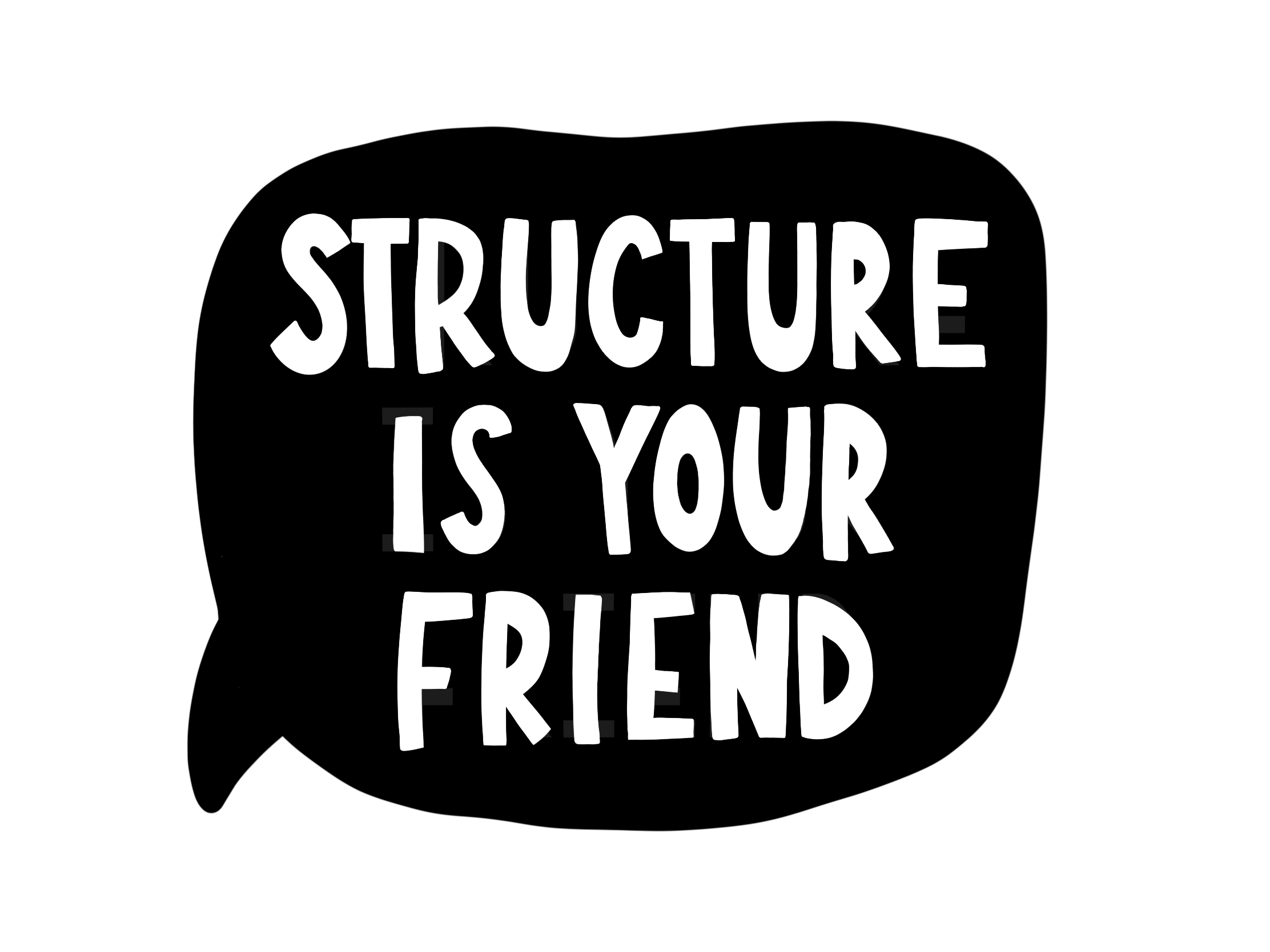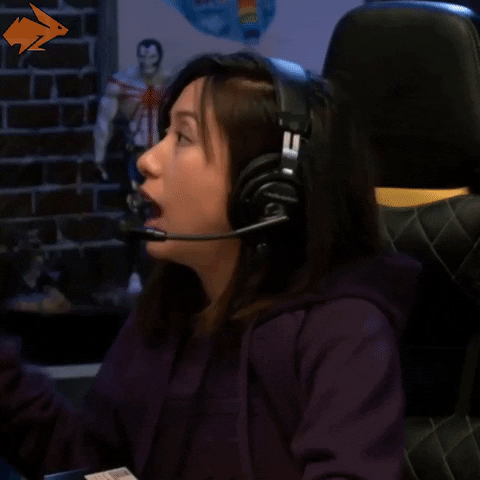These are some of the biggest writing mistakes I see often from new writers.
No shade, tho. I’m guilty of these too!
It took many years and many hours spent writing and editing to learn how to focus on the right things. So, don’t expect to magically become better overnight.
Writing is about incremental steps, small improvements, that you hammer in, day after day, with your text.
The best thing about writing is that anyone can learn!
And we all need to hear the good old basic things every once in a while, so here we go!
1. Writing plot before character
Not to say that you can’t first have your plot all set up, but we all know that good characters keep readers turning the page.
And one of the biggest issues I see with new writers is that they start writing the plot first, instead of focusing on the characters.
When it comes to conceptualising your idea, you want to plot the character’s disbelief, their trauma, their big lie, before you focus on the external plot issues.
Because, in the end, the things that happen to the characters are pretty cut-and-dry, it’s how the characters react to the challenges they come across that makes reading about their antics interesting.
Knowing your characters well also makes it easier to write the plot – because you have a better idea of how their choices will unfold when you put them into a situation.
2. Big, steaming info-dumps
Who hasn’t written a big, fat, T-Rex sized info dump? We all have.
But please, please, please pick up after your pets!
Nobody wants to read a big, fat, steaming dump that isn’t really relevant.
And – trust me – there’s always a way to cut it down and have the same amount of impact but with fewer words.
Editing is your friend here. Edit until you can’t cut out anything else. And then edit it again.
The essence of good writing is when the narrator becomes invisible, like when you forget you’re watching a movie good.
Throwing in a lot of stuff that readers are just going to roll their eyes at is ensuring only one thing: that they’re skimming that part of the story.
Meaning that they’re not reading, not engaging, not getting lost in it.
And it’s all because you couldn’t get out of your own way!
3. Not having a midpoint plot twist
I know, I know, the midpoint can be tricky to write.
I see so 👏 many 👏 stories 👏 get lost and muddled in the middle (beware filling this part with those big, fat steaming info dumps).
Not getting your midpoint right is the greatest missed opportunity in writing.
If things get slow and sluggish in the middle, they’re not moving the story forward.
The middle is a great place to really shift your characters’ focus and keep it moving.
If it feels challenging to get this part right, you can sit down and craft a beat sheet specifically for the middle to make sure you’re getting the most out of it.
When some part of the story feels confusing or overwhelming, I like to sit down and have a bit of a think in the form of a beat sheet.
That helps me iron out the finer points while still making sure that the pacing is good and that the focus is where it should be.
4. Being afraid of growth
As a new writer, I know it can be really intimidating to put yourself out there.
You pour your blood, sweat and tears into a story and then it’s just too overwhelming when other people lay eyes on it and have opinions about it.
A lot of writers give up because they can’t take the feedback, the opinions, the people who didn’t enjoy the book.
Or you think that more accomplished writers have it all figured out, and you’ll never get there.
Spoiler alert: they don’t. Nobody does.
We’re all just taking it one day, one word, one page at a time.
And constructive feedback is great because the more you can argue and debate, the better your story will be.
But don’t take the opinion of people in the cheap seats. Choose the right people to give you the feedback that will make the story better.
A lot of cheap seats in the arena are filled with people who never venture onto the floor. They just hurl mean-spirited criticisms and put-downs from a safe distance. The problem is, when we stop caring what people think and stop feeling hurt by cruelty, we lose our ability to connect. But when we’re defined by what people think, we lose the courage to be vulnerable. Therefore, we need to be selective about the feedback we let into our lives. For me, if you’re not in the arena also getting your ass kicked, I’m not interested in your feedback.
– Brené Brown
And then remember that the feedback isn’t personal to you; it’s a debate on how to make your story the best version of itself.
If you’re getting feedback that’s starting to hit below the belt, know that it isn’t genuine feedback anymore. It’s just the cheap seats slinging rotten fruit at you for their own amusement.
5. Not taking a break when you need one
The difference between a hobby writer and a professional writer is knowing how to manage your own energy.
If you don’t give yourself a break when you need one, then you’re not a professional writer.
I realise this is an unpopular opinion that rubs some people the wrong way. But I’ve seen so many wannabe writers spend more time complaining about not writing than actually writing.
The only way you get better at writing is by showing up and doing the work.
Learn more about your craft and train to become a better writer.
Powering through when your well of creative energy has run dry is what amateurs do.
The professionals recognise it for what it is and take a step back instead.
After all, most of the writing work isn’t actually done sitting down at your desk. It’s done elsewhere; when you’re ironing, cooking dinner, out for a walk, having a shower – whatever allows your brain to just freely associate for a while.
Deep thinking is a critical skill for a writer and you should cultivate it.



